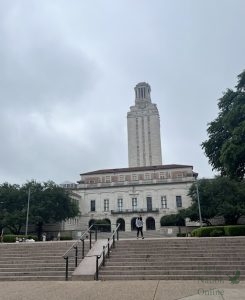ACT to allow section retakes, U.S. troops withdraw from Syria

Catherine Jackson and Renee Watters
Publishing every Friday, “The Top 2” recaps the two most notable and important stories from the week (Saturday-Thursday). Assistant Editor Ryan Stanley covers topics ranging from issues in the U.S. to problems worldwide. For more information on stories, refer to the embedded links within the article.
October 11, 2019
1. ACT change will allow students to retake sections of the test starting September 2020. Prior to the change, test scores from the five sections (English, reading, math, science, and writing if chosen) were immovable after completion on test day. ACT will also implement superscoring, which combine a students highest score from each section into one composite score and a choice for students between online testing or paper testing.
Why this matters
For juniors and grades below, the change provides an opportunity to focus solely on one section, relieve standardized testing stress and improve test scores. The online option allows students to receive scores back as early as two business days. More options and faster scores benefit those who are on a time crunch with universities and those who perform poorly on standardized tests.
2. U.S. troops began withdrawing from positions along the Syrian-Turkish border earlier this week after an announcement from President Donald Trump. Withdrawal paved the way for a Turkish incursion into Syria and left Kurdish forces, who fought with the U.S. to eradicate Islamic State militants, exposed to attacks. Tens of thousands of Syrians fled their homes as conflict intensifies.
The United States was supposed to be in Syria for 30 days, that was many years ago. We stayed and got deeper and deeper into battle with no aim in sight. When I arrived in Washington, ISIS was running rampant in the area. We quickly defeated 100% of the ISIS Caliphate,…..
— Donald J. Trump (@realDonaldTrump) October 7, 2019
Why this matters
The Kurdish militias of the Syrian Democratic Forces currently detain thousands of Islamic State fighters who could be released as the Kurds engage with Turkish forces. U.S. military leaders fear they will not gain the same support from Kurdish allies as they have in the past. While the long-term effects are not clear, withdrawal has created an imbalance in the region similar to events leading up to the Iraq War.



























